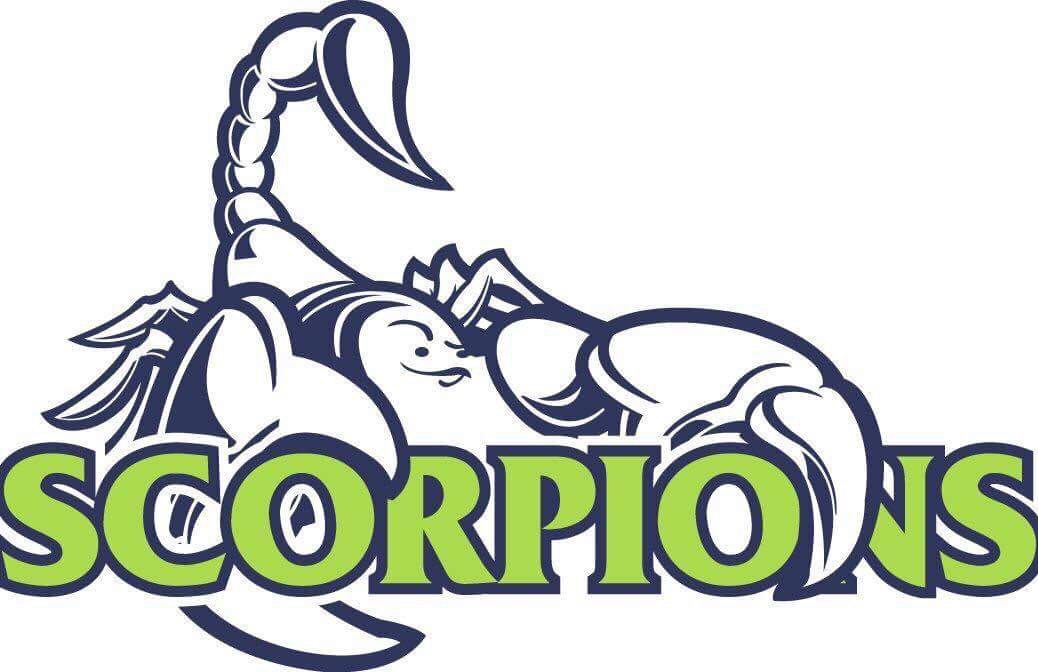What Is a Leveraged Procurement Agreement
If you are working in the procurement industry, you may have come across the term “leveraged procurement agreement” or LPA. An LPA is a type of contract that is used by organizations to leverage the purchasing power of multiple buyers. The agreement is designed to help buyers secure better prices and terms for the products and services they need.
In essence, an LPA is a pre-negotiated contract between a supplier and a group of buyers. These pre-negotiated terms typically include pricing, delivery times, quality standards, and other important factors that are important to the procurement process.
The main benefit of an LPA is that it allows buyers to take advantage of the collective buying power of the group. This means that they can secure better prices and terms than they would be able to negotiate on their own. The supplier also benefits from the agreement because they can secure a larger volume of business from multiple buyers.
LPAs are commonly used in the public sector where government agencies and non-profit organizations are required to follow strict procurement guidelines. These guidelines often require competitive bidding and transparent procurement processes. An LPA can help these organizations streamline their procurement processes, ensure compliance with regulations, and save time and money.
Another advantage of an LPA is that it allows buyers to access a wider range of products and services than they would be able to on their own. This is because suppliers that participate in LPAs often offer a broader range of products and services than they would typically offer to individual buyers.
In conclusion, an LPA is a useful tool for procurement professionals looking to secure better prices and terms for the products and services they need. By leveraging the buying power of a group, buyers can secure pre-negotiated terms that are beneficial to all parties involved. If you are involved in procurement, it is worth considering whether an LPA could be a useful tool for your organization.

